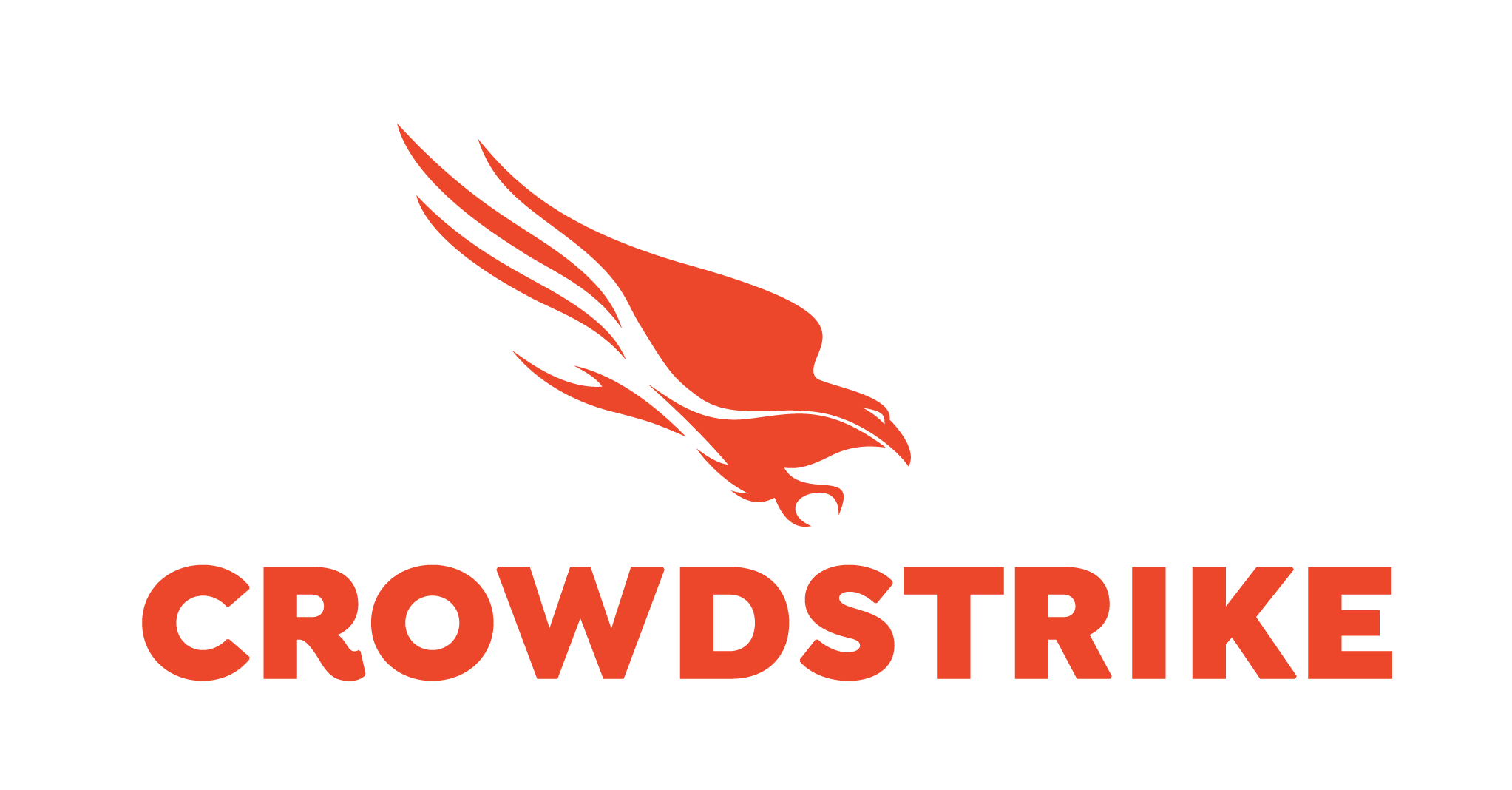
Overview

Product video
Security Onion is a free and open platform built by defenders for defenders. It includes network visibility, host visibility, intrusion detection honeypots, log management, and case management. For network visibility, we offer signature based detection via Suricata, rich protocol metadata and file extraction using your choice of either Zeek or Suricata, full packet capture, and file analysis. For host visibility, we offer the Elastic Agent which provides data collection, live queries via osquery, and centralized management using Elastic Fleet. Intrusion detection honeypots based on OpenCanary can be added to your deployment for even more enterprise visibility. All of these logs flow into the Elastic stack and we've built our own user interfaces for alerting, hunting, dashboards, case management, and grid management. Security Onion has been downloaded over 2 million times and is being used by security teams around the world to monitor and defend their enterprises. Our easy-to-use Setup wizard allows you to build a distributed grid for your enterprise in minutes!
Highlights
- Security Onion can be installed as a standalone, single VM, or in a distributed grid. Additionally, a single-VM evaluation install mode is available for learning Security Onion, as well as an import install mode for analyzing past events.
- Security Onion Console provides a consistent interface for viewing events, escalating alerts, and drilling down into associated PCAP traffic.
- Aggregate your platform logs into Security Onion for a comprehensive, security-focused view into activity within your infrastructure.
Details
Introducing multi-product solutions
You can now purchase comprehensive solutions tailored to use cases and industries.

Features and programs
Financing for AWS Marketplace purchases

Pricing
Free trial
- ...
Dimension | Cost/hour |
|---|---|
t3a.2xlarge Recommended | $0.15 |
r6a.8xlarge | $0.15 |
c5n.9xlarge | $0.15 |
m4.xlarge | $0.15 |
r3.4xlarge | $0.15 |
g3s.xlarge | $0.15 |
r6in.24xlarge | $0.15 |
m5.12xlarge | $0.15 |
r6a.large | $0.15 |
m7i-flex.xlarge | $0.15 |
Vendor refund policy
Refunds are not available.
How can we make this page better?

Legal
Vendor terms and conditions
Content disclaimer
Delivery details
64-bit (x86) Amazon Machine Image (AMI)
Amazon Machine Image (AMI)
An AMI is a virtual image that provides the information required to launch an instance. Amazon EC2 (Elastic Compute Cloud) instances are virtual servers on which you can run your applications and workloads, offering varying combinations of CPU, memory, storage, and networking resources. You can launch as many instances from as many different AMIs as you need.
Version release notes
Full release notes for the latest Security Onion release are located at https://docs.securityonion.net/en/2.4/release-notes.html .
Existing Security Onion 2.4.4 or newer AMI installations should use the "soup" command to upgrade to newer versions of Security Onion. Attempting to switch to a newer AMI from the AWS Marketplace could cause loss of data and require full grid re-installation. Note that grids running Security Onion 2.3 cannot use soup to upgrade to 2.4, as the underlying operating system has changed from CentOS to Oracle Enterprise Linux.
Additional details
Usage instructions
IMPORTANT: Security Onion must be setup once the virtual machine first starts. Additionally, an understanding of DNS and networking concepts is required. Most users will need to map the VM's hostname to the VM IP address, either via their local /etc/hosts file, or via a domain resolution service in order to access the web interface.
Please review the following documentation links, as thoroughly understanding the architecture, such as which nodes should exist in AWS vs On-Premise, is an important prerequisite for deploying Security Onion in AWS.
Guidelines on instance sizing as well as AMI-specific instructions. This is a must read for all users new to running Security Onion on AWS.
Where data is stored within the VM's filesystem:
How Security Onion data is secured:
Information relating to updating passwords:
To verify a healthy installation, follow the recommendations provided in the following links:
- https://docs.securityonion.net/en/2.4/grid.html
- https://docs.securityonion.net/en/2.4/so-status.html
- https://docs.securityonion.net/en/2.4/help.html
Finally, if you run into trouble or need clarification, there is an active Security Onion community that helps answer questions relating to Security Onion. To take advantage of this free community support, visit our discussion forum:
Premium support and Security Onion Pro licenses are also available for purchase.
- Premium support: https://securityonion.net/support
- Pro license: https://securityonion.net/pro
Resources
Vendor resources
Support
Vendor support
Free community support is provided by the general public. Search our forums for answers that may have already been provided by other users. Security Onion Solutions also offers premium support at an additional cost. Visit our support website for more information. Premium Support:
AWS infrastructure support
AWS Support is a one-on-one, fast-response support channel that is staffed 24x7x365 with experienced and technical support engineers. The service helps customers of all sizes and technical abilities to successfully utilize the products and features provided by Amazon Web Services.



Standard contract
Customer reviews
Provides good threat hunting by finding infected ports, but its initial setup is difficult
What is most valuable?
The most valuable feature of Security Onion for security monitoring is its ability to find infected ports. I have used the Squert tool within Security Onion the most for threat hunting.
What needs improvement?
The initial setup of the solution is a little bit difficult.
For how long have I used the solution?
I have been using Security Onion for one year.
How are customer service and support?
The solution’s technical support is good and responsive.
How would you rate customer service and support?
Neutral
How was the initial setup?
On a scale from one to ten, where one is difficult and ten is easy, I rate the solution's initial setup a six out of ten.
What's my experience with pricing, setup cost, and licensing?
Security Onion is an open-source solution.
On a scale from one to ten, where ten is expensive and one is cheap, I rate the solution's pricing a six out of ten.
Which other solutions did I evaluate?
Before choosing Security Onion, we evaluated Splunk. We chose Security Onion because it's a free and open-source solution.
What other advice do I have?
Security Onion is deployed on the cloud in our organization. I would recommend the solution to other users.
Overall, I rate the solution a seven out of ten.
A mature and affordable solution that is easy to install and easy to update
What is our primary use case?
The solution is used to learn how the tools work. It enables us to do consulting and demonstrate solutions. We develop attacks, detect them, and demonstrate how it works. The customers are interested in seeing how and what these tools can do.
What is most valuable?
We are only working with open-source products. The tool is very easy to install and easy to update. A lot of interfaces are specified. So, it's quite easy to make extensions. It is very important when we do experiments and try to connect and integrate other tools. Security Onion is the most mature solution in the open source world. This is its biggest advantage.
What needs improvement?
The product takes time to learn, it's not that easy. In the beginning we had a lot of questions. If you want to use such a tool in an real (industrial) environment, you have to ask how to get the network data. Can we do a full packet capture? Can we provide agents to our end systems? There are no simple solutions to these questions. It's a general problem when running such systems in an industrial environment.
For how long have I used the solution?
I have been using the solution for about ten years. I am using the latest version.
How are customer service and support?
There is a community. If we are active and ask people questions, we get answers. We also have the option to buy support for difficult problems.
Which solution did I use previously and why did I switch?
We also use Malcolm. It is a similar platform. But it is not as mature as Security Onion . The system management features are not perfect and need to be improved.
How was the initial setup?
The solution is partially in a real environment and partially in a virtual environment. The focus is on the OT environment. Our main focus is to deliver security in automation systems. It is very easy to set up.
What's my experience with pricing, setup cost, and licensing?
It is an open-source solution. The vendor also sells a hardware solution (appliance) as a paid solution.
What other advice do I have?
My advice depends on the requirements, network, and resources available in an organization. It also depends on whether someone is looking for a turnkey solution, whether they are interested in working alone, and what their skills are. There is no one solution for all installations. Overall, I rate the product a ten out of ten.
poorly developed , no support for software, no architecture or deployment details,
poorly developed, no support for software, no architecture or deployment details,
what is the purpose of having this software at this platform , absolutely nothing
The solution can be used for internal vulnerability assessment, but its user interface could be improved
What is most valuable?
We use Security Onion for internal vulnerability assessment.
What needs improvement?
Security Onion's user interface could be improved. The solution's general reporting should be made simple and better-looking in terms of graphics so that we can update our senior management.
For how long have I used the solution?
I have been using Security Onion for four years.
What do I think about the stability of the solution?
Security Onion is a stable solution, but we experience some crashes.
I rate Security Onion a six out of ten for stability.
What do I think about the scalability of the solution?
Security Onion is a scalable solution, but some connected APIs are a bit difficult to integrate. Two people are using Security Onion in our organization.
I rate Security Onion a five out of ten for scalability.
How are customer service and support?
We are part of the solution's blogging site, where we discuss with other people working on it so that we understand most things. Security Onion's blogging site or community forum helps us to resolve all our issues.
How was the initial setup?
Security Onion's deployment needs to be a bit simple. Some explanations or jargon are a bit complicated and should be made simple enough to understand.
What's my experience with pricing, setup cost, and licensing?
Security Onion is a free solution.
What other advice do I have?
Security Onion is deployed on our established private cloud, which operates from our recovery site.
Security Onion does not need any maintenance.
You need to be skilled in order to use Security Onion.
Overall, I rate Security Onion a six out of ten.